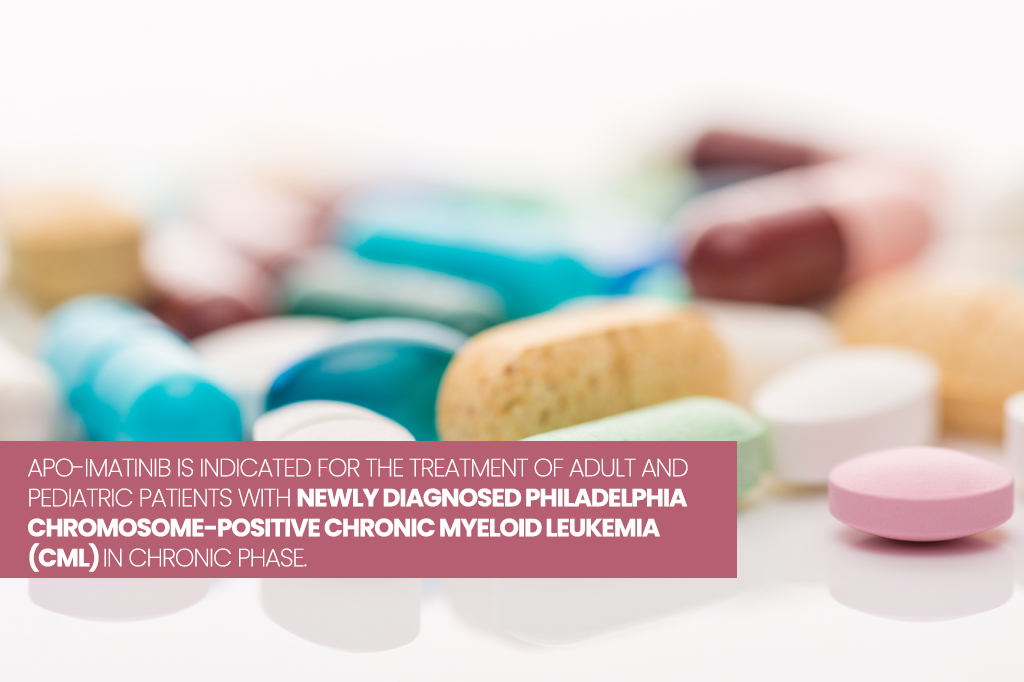Polymerase Chain Reaction (PCR)
PCR is a scientific technique that allows the lab to amplify DNA segments. We think it is much easier if you think of it as the specialized “photocopier” of your DNA. Using a sample of your blood, lab technicians isolate your RNA. The RNA goes through a process of heating and cooling in a special thermal cycler – PCR machine. This process causes the RNA to replicate itself, making thousands and even hundreds of thousands of copies of itself. Forcing your own cells to replicate themselves is the only way to detect the actual number of BCR ABL genes in your body.
What do the results of this test mean? At diagnosis, a typical CML patient in the chronic phase would have a result of 100% – that would be your baseline result. As you start to take your specific treatment for CML, whether it is Gleevec™, Sprycel™, Tasigna™ or newer drugs in clinical trials, you will usually see your levels of detectable disease go down. It is very important to continue to take your treatment, as prescribed, so that you can continue to see a downward trend that shows you are responding to treatment and winning against the disease.
Although there is currently a global program to standardize the results, for now results can be reported in two ways; either as a log reduction or as a percentage (International Standard).
Here is a table that may help you compare your results.

In 2009, The CML Society of Canada collaborated with our Medical Advisory team, and Suzanne Kamel-Reid, PhD, DABMG, FACMG at the University Health Network in Toronto, Ontario, Canada, to develop an educational video explaining PCR. The video features Dr. Pierre Laneuville, an Associate Professor (GFT-U) in the Department of Medicine and Oncology at McGill University, who provided medical advice regarding the script and terminology used. The animation was done by award winning animator Tim Linklater from Vancouver British Colombia, who was diagnosed with CML. The video of Dr. Laneuville was produced by Mr. Jean Sicotte of Montreal, Quebec, a professional producer and videographer, and CML patient. The patient’s perspective and advice for the video was provided from the patient advisory board members of the CML Society of Canada. The project was supported with an unrestricted educational grant from Bristol-Myers Squibb.
Please click and watch the Youtube video: https://www.youtube.com/watch?v=ZwgynKh6J5U


